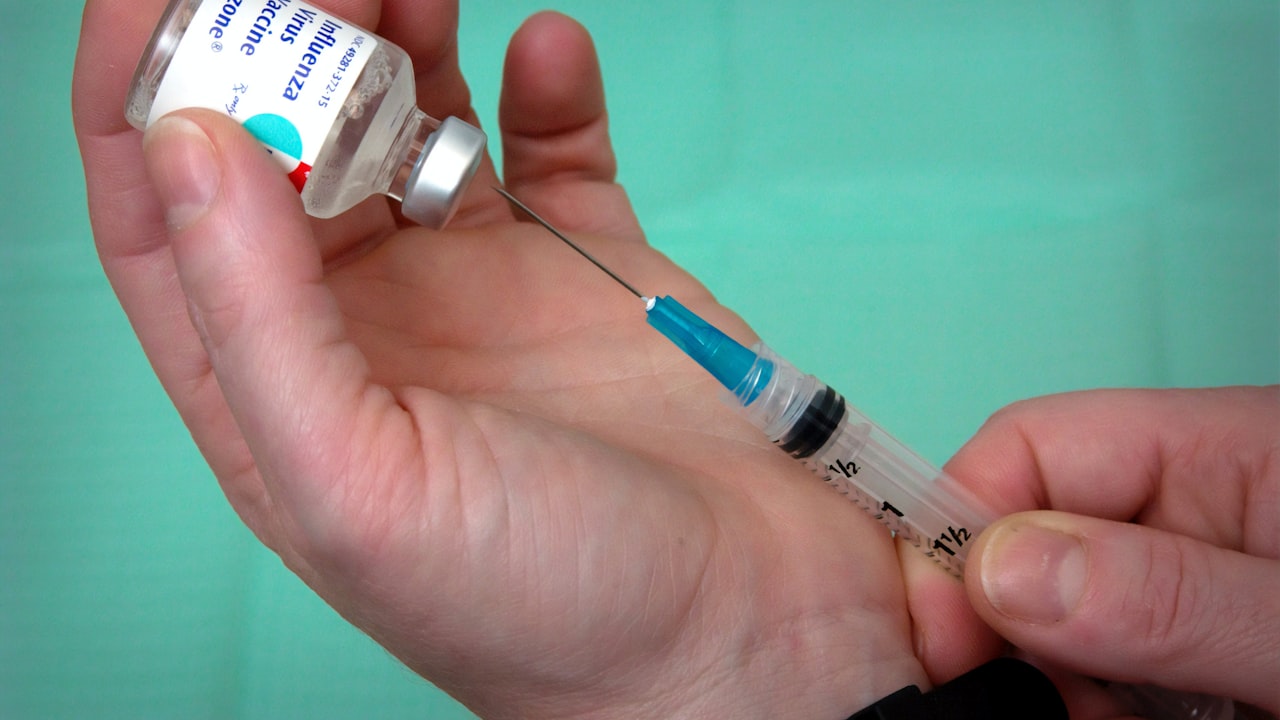 Title: **Advancements in Plastic Injection Molding Technology**
Title: **Advancements in Plastic Injection Molding Technology**
The plastic injection molding industry has witnessed significant advancements in technology over the years, leading to enhanced efficiency and precision in the manufacturing process. Injection mold factories and suppliers are constantly innovating to meet the growing demand for high-quality plastic products across various industries.
One of the key areas of improvement in injection molding technology is the development of high-performance materials that offer improved strength, durability, and flexibility. These materials allow for the production of complex shapes and intricate designs with unparalleled accuracy. Injection mold factories have invested in state-of-the-art machinery and equipment to leverage these advanced materials effectively.
Furthermore, the integration of computer-aided design (CAD) and computer-aided manufacturing (CAM) software has revolutionized the entire injection molding process. These digital tools enable engineers and designers to create detailed 3D models of the desired products and simulate the injection molding process before actual production. This not only reduces the time and cost involved in prototyping but also ensures a higher level of precision and consistency in the final products.
Moreover, automation and robotics have played a crucial role in streamlining injection mold factories’ operations. Automated systems can perform tasks such as mold loading, part ejection, and quality inspection with minimal human intervention, leading to increased productivity and reduced error rates. This shift towards automation has also improved worker safety by minimizing direct contact with hot molds and molten plastic.
In addition to technological advancements, sustainability has become a key focus in the injection molding industry. Injection mold suppliers are increasingly using recyclable and biodegradable materials to reduce the environmental impact of plastic manufacturing. Moreover, the implementation of energy-efficient processes and waste reduction strategies has further strengthened the industry’s commitment to sustainability.
Overall, the continuous innovations in plastic injection molding technology have not only improved the quality and efficiency of the manufacturing process but also paved the way for more sustainable practices. As injection mold factories and suppliers embrace these advancements, the future of the industry looks promising with endless possibilities for innovation and growth.
